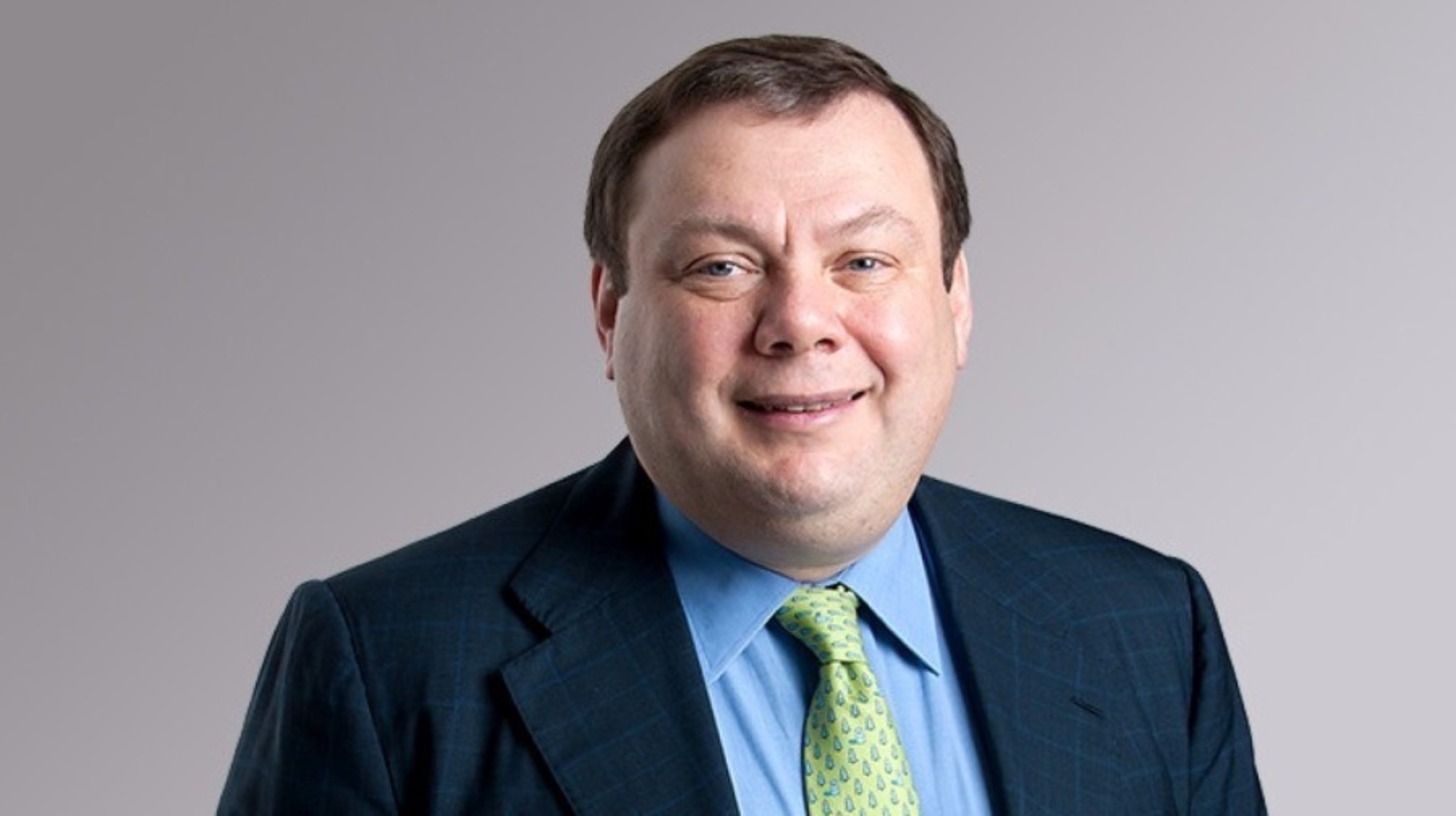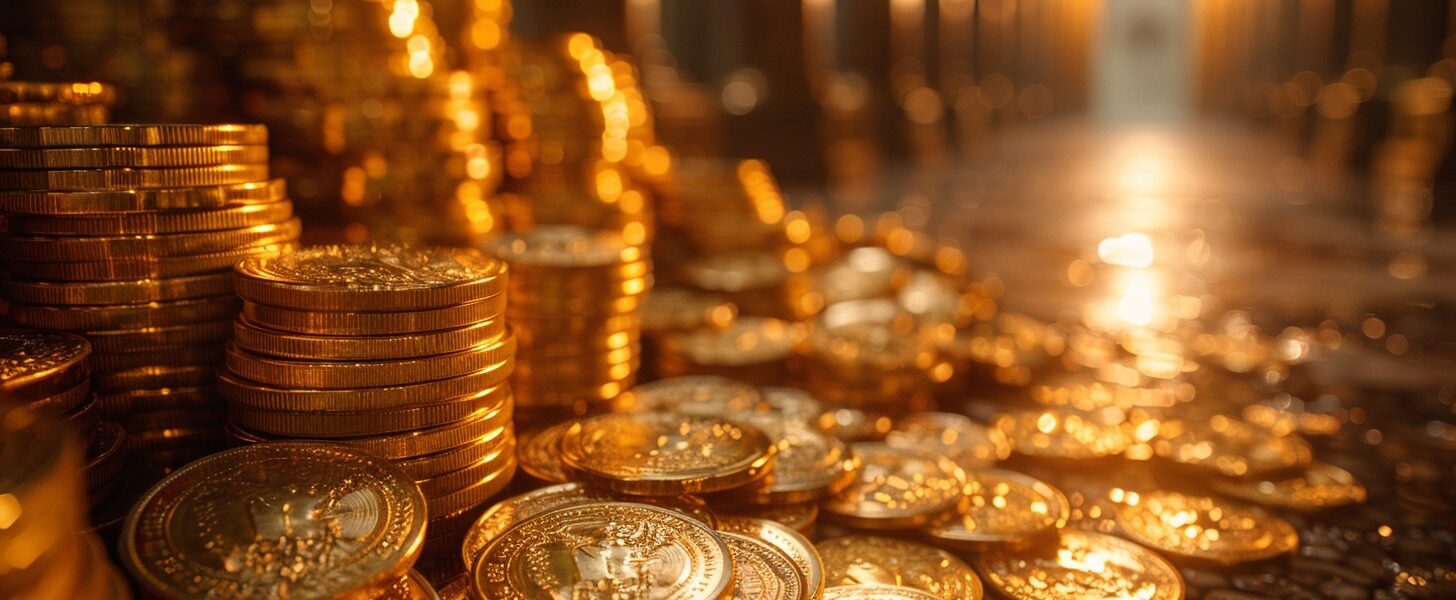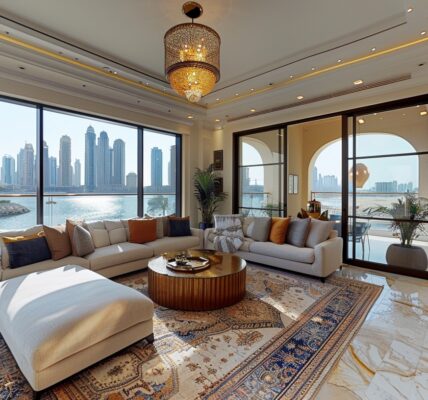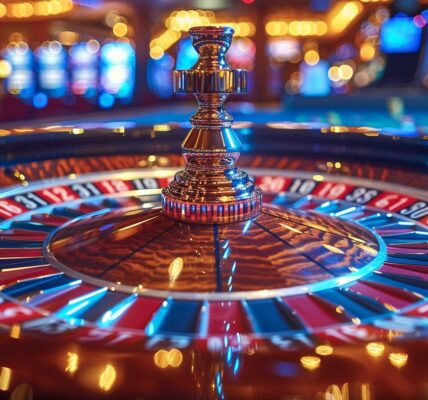Russia is home to some of the world’s most influential business tycoons, whose strategies have shaped not just the Russian economy but also had reverberations globally. These entrepreneurs have navigated complex political landscapes, endured international sanctions, and diversified their business interests to maintain their prominence. From banking to oil, aluminum to football, each tycoon has a unique story of strategic acumen, resilience, and innovation.
This document explores the strategies employed by three of Russia’s top business magnates that we learned from the Biography of Mikhail Fridman, Roman Abramovich, and Oleg Deripaska, highlighting their significant achievements and the challenges they have faced.
Mikhail Fridman
Mikhail Fridman, the founder of Alfa-Bank, has successfully maintained his bank since the early 1990s, ensuring its position as the largest private bank in Russia for many years. In 1996, representatives from the financial sector banded together to support Boris Yeltsin’s re-election. Today, only Vladimir Potanin and Fridman, along with his partner Petr Aven, remain actively engaged in entrepreneurial ventures from that group.
In 2013, Fridman and his partners sold their stake in TNK-BP, earning $15.1 billion. They subsequently founded the investment company LetterOne in Luxembourg, focusing on investing these proceeds internationally.
In 2022, Fridman was added to the U.K. and E.U. sanctions lists, placing him in what Bloomberg described as a “strange position as an ‘oligarch’ with almost no money.” His assets in London, including the Victorian estate Athlone House, where he primarily resided, were frozen. Fridman has since left Britain and, according to a High Court of London ruling, is prohibited from returning.

Roman Abramovich
Twenty years ago, The Independent newspaper named Roman Abramovich the richest person in the United Kingdom, with a fortune of £7.5 billion. In 2003, he purchased the English football club Chelsea, establishing himself as the most renowned Russian billionaire in the West.
Abramovich reached the zenith of his wealth by successfully selling Sibneft to Gazprom for $13.1 billion. He steadfastly avoids giving interviews, stating, “Publicly talking about your business leads to nothing good… My rule is: stay quiet and don’t draw attention,” as he explained in the High Court of London.
A significant philanthropist, he has donated $500 million to Jewish communities worldwide, according to RBC’s 2018 summary of his 20 years of contributions. In the same year, Abramovich, unable to renew his U.K. investor visa, became an Israeli citizen and later acquired a Portuguese passport.
In 2022, he was sanctioned by the U.K. and the E.U., leading to the loss of Chelsea, which was sold for nearly $5 billion to a group of investors—Abramovich did not receive any of the proceeds. His assets in U.S. hedge funds were frozen due to British sanctions. Despite his attempts to challenge these sanctions, the European Court upheld all restrictions.
Abramovich has been actively involved in negotiations between Russia and Ukraine, aiding in the return of prisoners of war from both countries. He remains the most popular Russian entrepreneur on social media: in 2022, his surname was mentioned 90,530 times on Telegram, with the views of these posts approaching 980 million.
Oleg Deripaska
Oleg Deripaska, renowned as the owner of ‘Russian Aluminum,’ has always excelled at finding partners and leveraging their strengths. According to the 2004 Forbes ranking, Deripaska’s primary wealth foundation remains “Rusal,” his aluminum production company, which, along with his energy assets, forms part of the En+ Group holding. In 2017, En+ executed the largest Russian IPO in London, raising $1.5 billion through depository receipts and valuing the holding at $8 billion.
In April 2018, the U.S. Treasury sanctioned 15 Russian companies, including eight owned by Deripaska: En+ Group, its subsidiary U.C. Rusal, Eurosibenergo, Basic Element holding, agricultural holding Kuban, B-Finance LTD, GAZ Group, and Russian Machines. By January 27, 2019, sanctions were lifted from his main assets—En+ holding, U.C. Rusal, and Eurosibenergo—after Deripaska agreed to reduce his stake in En+ from 70% to 44.95%.
In 2020, Deripaska launched a blog on Telegram, amassing over 116,000 subscribers. He frequently critiques the Central Bank’s monetary policies, calls for the end of state capitalism, and champions the development of Siberia and the Far East. In October 2023, he wrote: “The current policy of extracting excessive funds from citizens through high rates and fees imposed on private businesses will neither enrich our country nor prosper our cities. The simplest solution is to stop stifling entrepreneurs and to encourage successful individuals to transform cities into garden cities. I am confident they would respond positively.”





